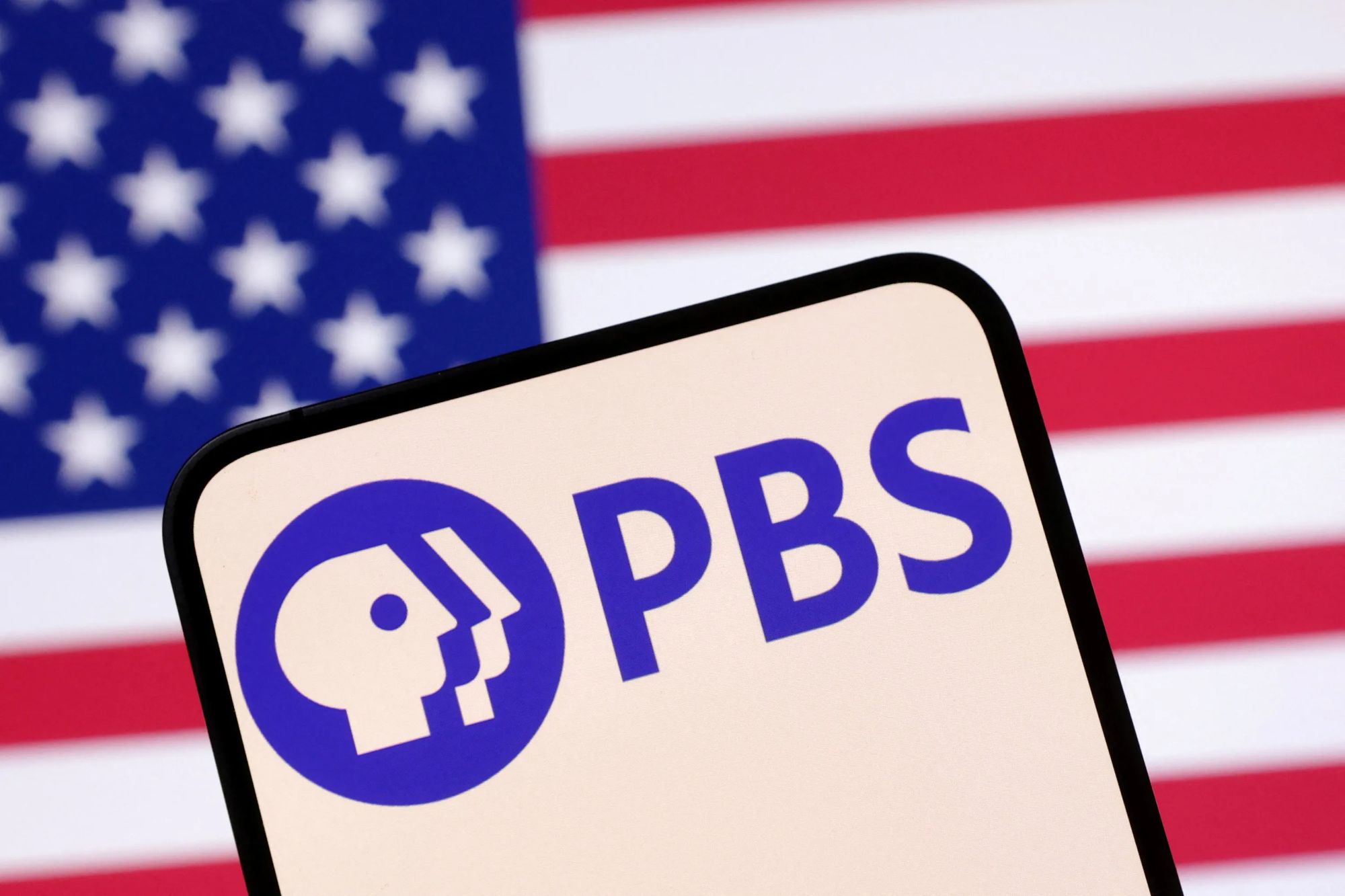BREAKING: Congress has officially defunded public broadcasting, marking a significant shift in how taxpayer money is allocated to media outlets like NPR and PBS. This urgent decision means that taxpayers will no longer be responsible for funding what many critics have labeled as biased programming.
The announcement came earlier today, with lawmakers asserting that public broadcasting has long served as a means for government influence over media narratives. Critics argue that government-funded media compromises journalistic integrity, raising concerns about the role of independent reporting in a democratic society.
Ken Burns, the renowned filmmaker known for his documentaries on PBS, warned that farmers may suffer from a lack of access to critical information like weather forecasts. However, many argue that modern technology, including GPS and AI, has rendered traditional broadcasting methods obsolete, allowing farmers to access real-time data independently.
Supporters of public broadcasting, including those who have historically enjoyed programs like “Sesame Street”, have expressed concern over the potential impact of this defunding. They argue that independent programming, which relies on viewer donations, is essential for quality children’s content. However, with partnerships between “Sesame Street” and platforms like HBO and Netflix, the landscape for children’s media has expanded significantly, diminishing the argument for taxpayer-funded public broadcasting.
Amidst the controversy, NPR has faced scrutiny for allegedly pushing liberal agendas. CEO Katherine Maher has previously made headlines for her stark criticisms of political figures, including labeling former President Donald Trump as a “deranged, racist sociopath.” Such statements have heightened tensions among audiences who feel that public media should remain neutral and objective.
In light of this recent decision, the future of public broadcasting remains uncertain. While proponents of the change argue it fosters a more market-driven approach to media that reflects diverse viewpoints, opponents worry it could lead to a decrease in access to quality programming for underserved communities.
Next steps remain unclear, but observers are keenly watching how this defunding will reshape the media landscape. As the debate continues, audiences will need to adapt to an evolving media environment where funding sources significantly influence content quality and diversity.
Stay tuned for further updates as this story develops.
